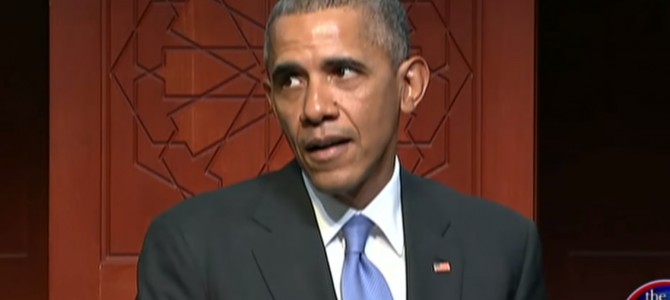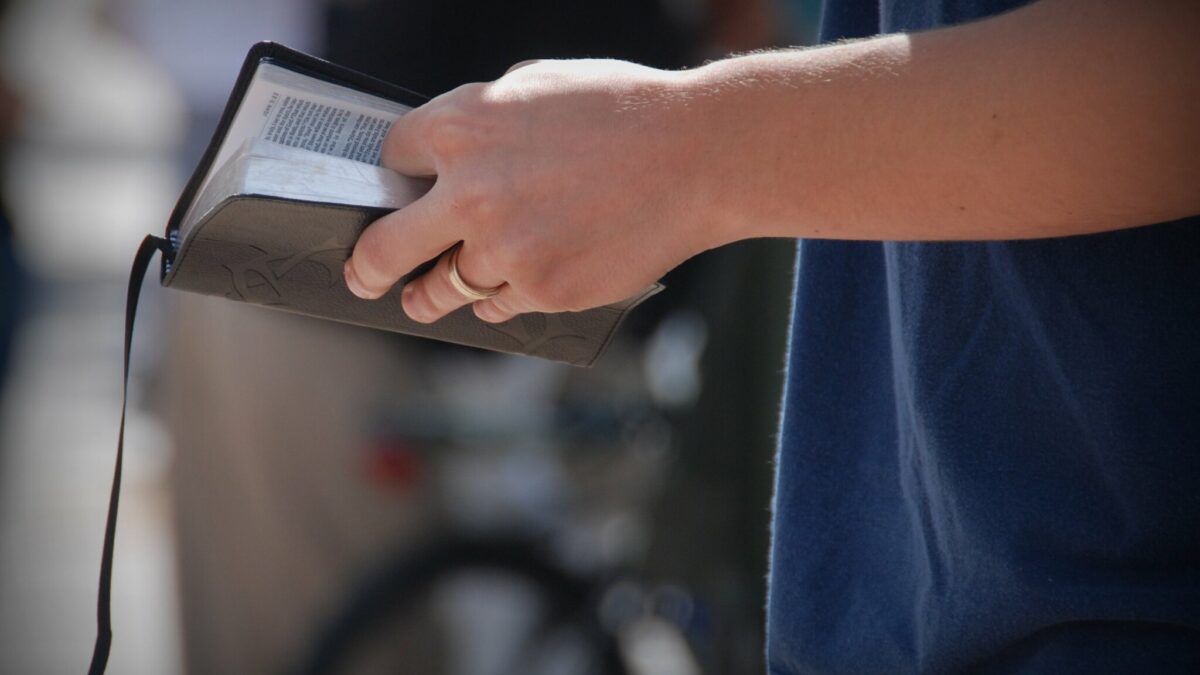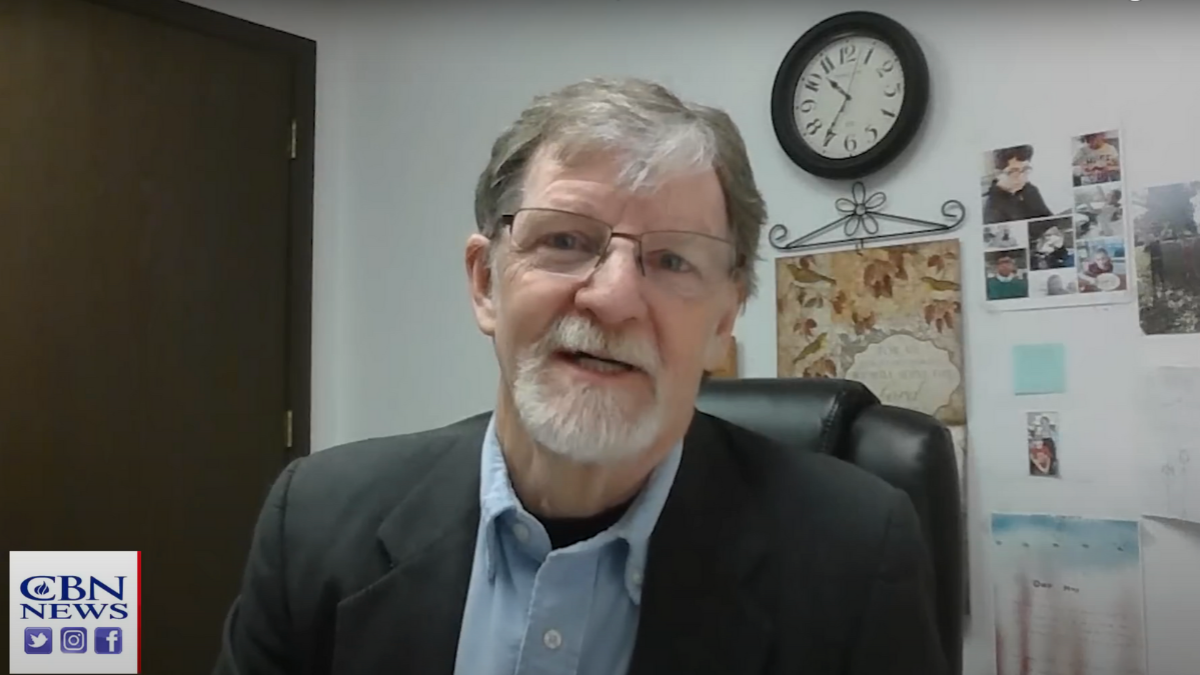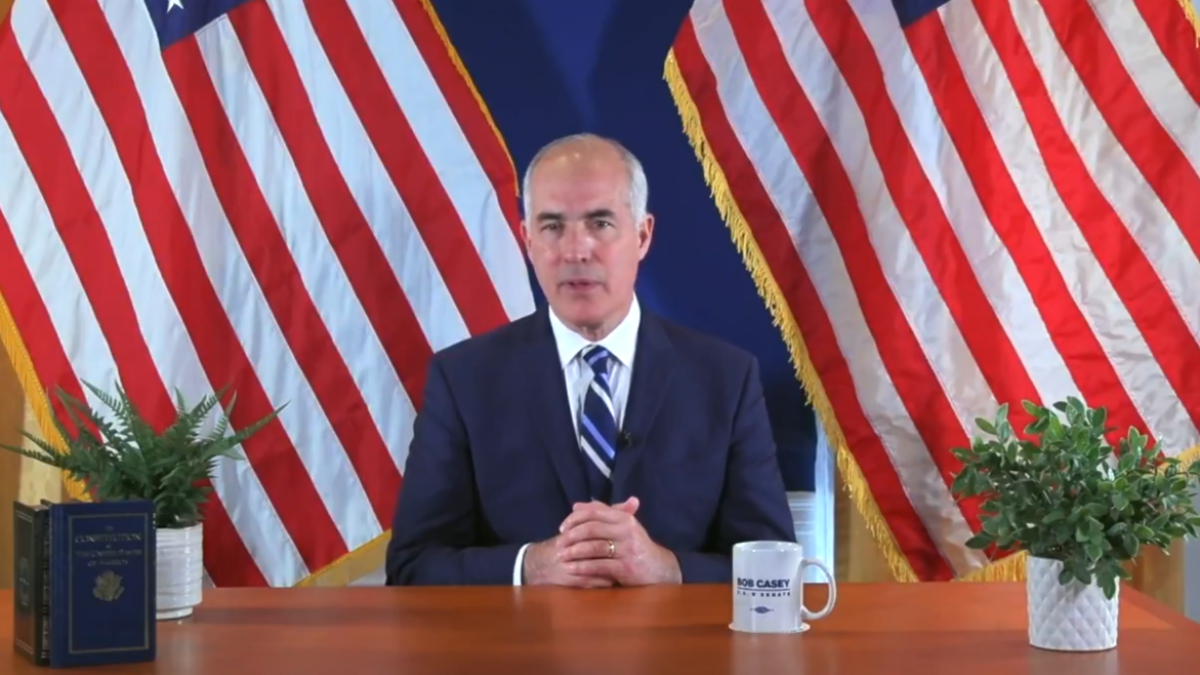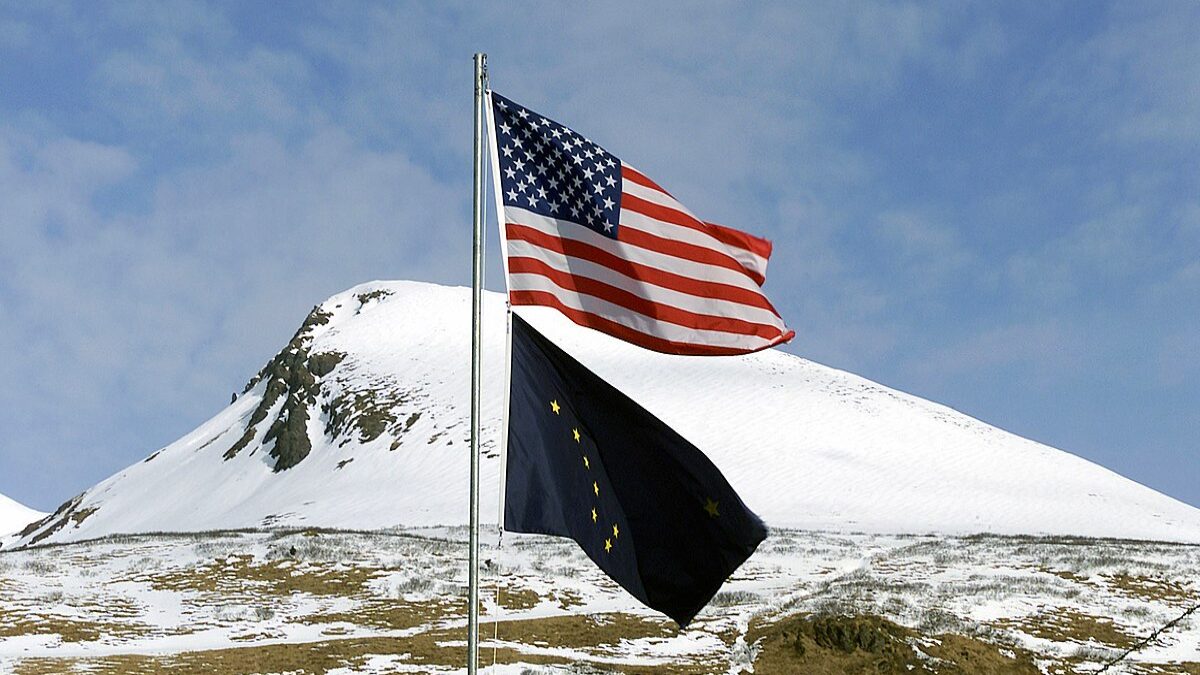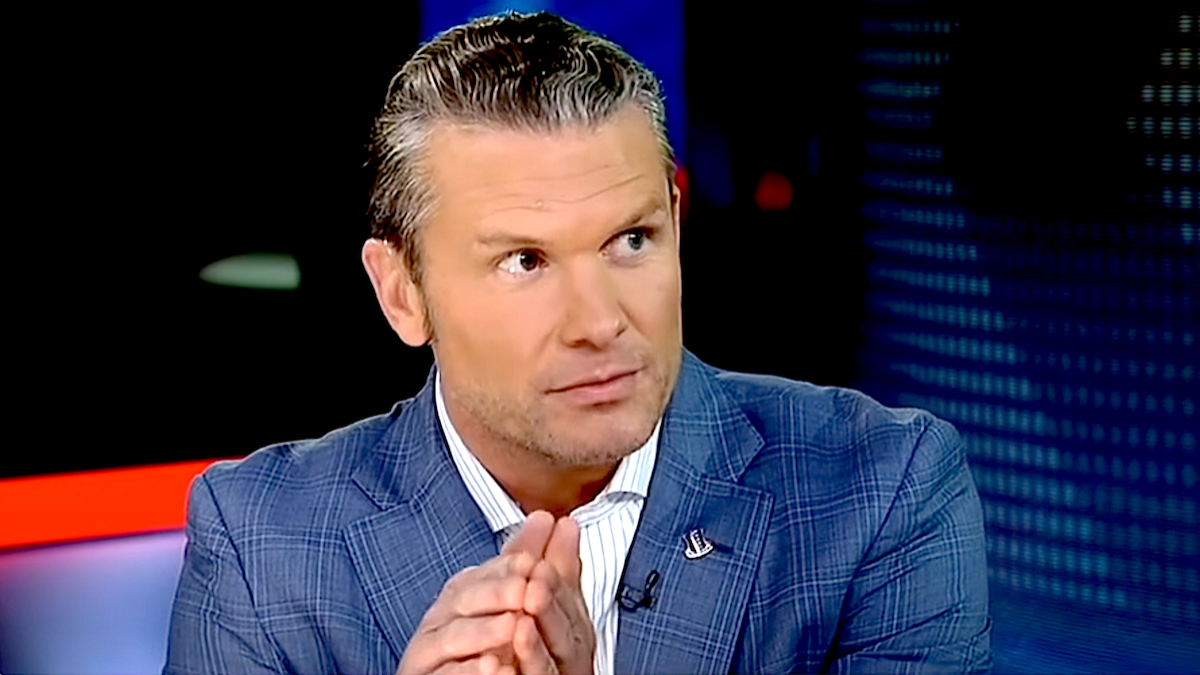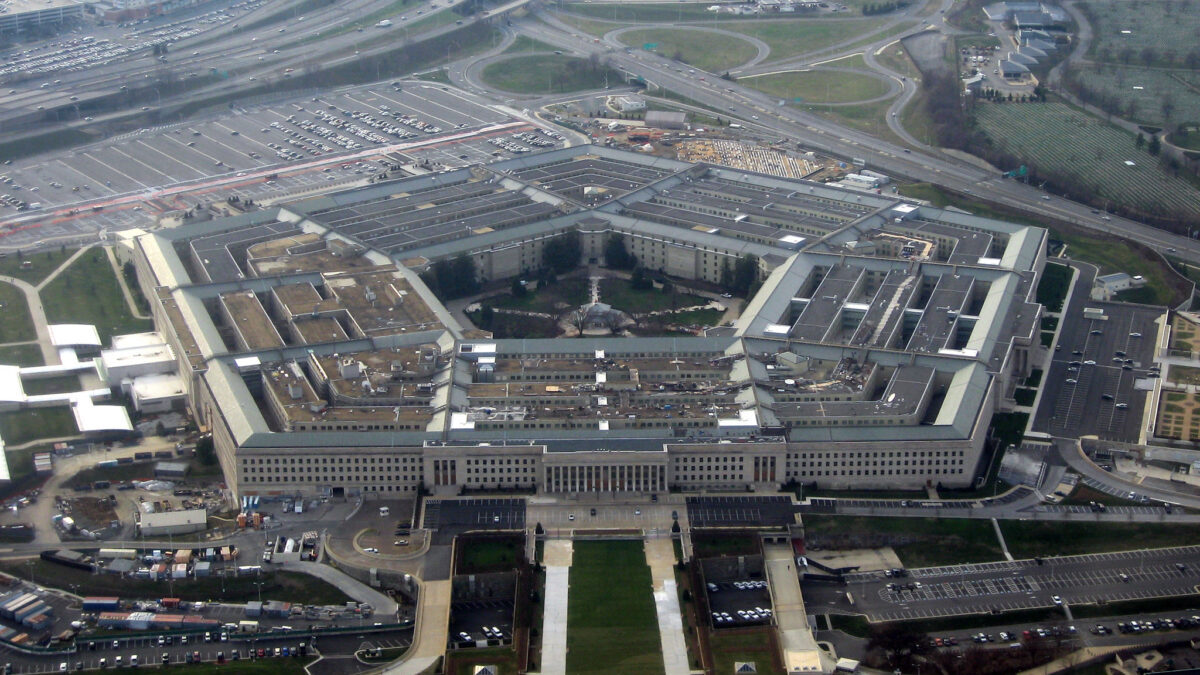Yesterday, at the Islamic Society of Baltimore, the audience for President Obama’s speech reflected an Islamist’s vision of today’s Muslim-American community. That setting, promoted by the media and the White House, was meant to teach the American people—and, certainly, the growing number of Muslims in America—what an authentic Muslim looks like. It was a collection of hijab-clad women and long-bearded, severe-faced men.
The choreographed scene didn’t represent American Muslim immigrants like me—reformers, humanists, and critical thinkers—who find no place in Islamist mosques in this country, and are shunned by similarly Islamist pressure groups like the Council on American-Islamic Relations.
Choosing to Work with Terrorist Enablers
Obama’s legacy in working with Muslim-American groups has consistently been flawed, with a long list of collaborators conflating detrimental narratives that reinforce pity, victimization, and loathing for America as a central and defining theme. His choice of mosque is no different.
The Islamic Society of Baltimore is riddled with direct ties to Islamist groups like the Muslim Brotherhood, a political movement designed to further an Islamic agenda through democratic means. ISB’s veteran imam of 18 years, Mohammad Adam el-Sheikh, was a member of the Muslim Brotherhood.
El-Sheikh also co-founded the Muslim American Society, a group that is known to be controlled by the Brotherhood. He was also regional director of the Islamic American Relief Agency, which was found to have directed funds to Osama bin Laden, al-Qaeda, and Hamas, among other terrorist organizations. The trail of activity and involvement in an interconnected web of extremist ideologies goes much deeper.
It shouldn’t be surprising that a mosque with terrorist and Muslim Brotherhood ties like the Islamic Society of Baltimore turns out to be one of the more regressive mosques in the United States—forcing female worshipers into subpar, cramped, and gender-segregated prayer areas.
Putting a Finger on the Extremist Side of the Scale
Sabah Muktar, the bright young college student who introduced Obama, whom the president applauded for pursuing an education and acceptance in an American community, wouldn’t be seen as an equal within her own mosque nor be given space equal to those granted to men. There would be no opportunity for voicing herself or engaging in dialogue during Friday’s khutbah. The heartfelt speech Muktar gave in front of a diverse audience of men and women wouldn’t exist in that mosque outside the vacuum of a presidential visit. Her voice would never be heard.
Obama speaks of the “threats and harassment of Muslim-American [that] have surged,” but he doesn’t speak of the threats and harassment that come from within our own community that silence the debate within Islam that has been an organic part of the faith up until the last 50 years.
He also tried to calm Muslim-American anxieties, adding that “as Muslim Americans, you also have another concern — and that is your entire community so often is targeted or blamed for the violent acts of the very few.” Yet Muslim-American “anxiety” is best calmed through Muslim-American involvement against extremist elements in their faith.
Meanwhile, the narrative we hear echoed again and again is that of a vulnerable demographic—frail, afraid and unsure of its place in American society. Yet a faith that promotes jihad doesn’t produce large populations of helpless followers. Rather than coddling Muslim Americans through soft language, we would have been much better served if Obama’s historic first visit to an American mosque was used as an opportunity to confront extremism within our communities.
As Muslim-Americans, we don’t need our ego stroked; we need our egos challenged. Obama spoke of Muslim excellence and heroism in everyday life, but the greatest act of Muslim heroism today is to tackle a decrepit faith.
For Muslims to be able to move forward to tackle our community’s greatest problems—Islamism and “radical Islam”—we need to be brutally truthful about the challenges.
